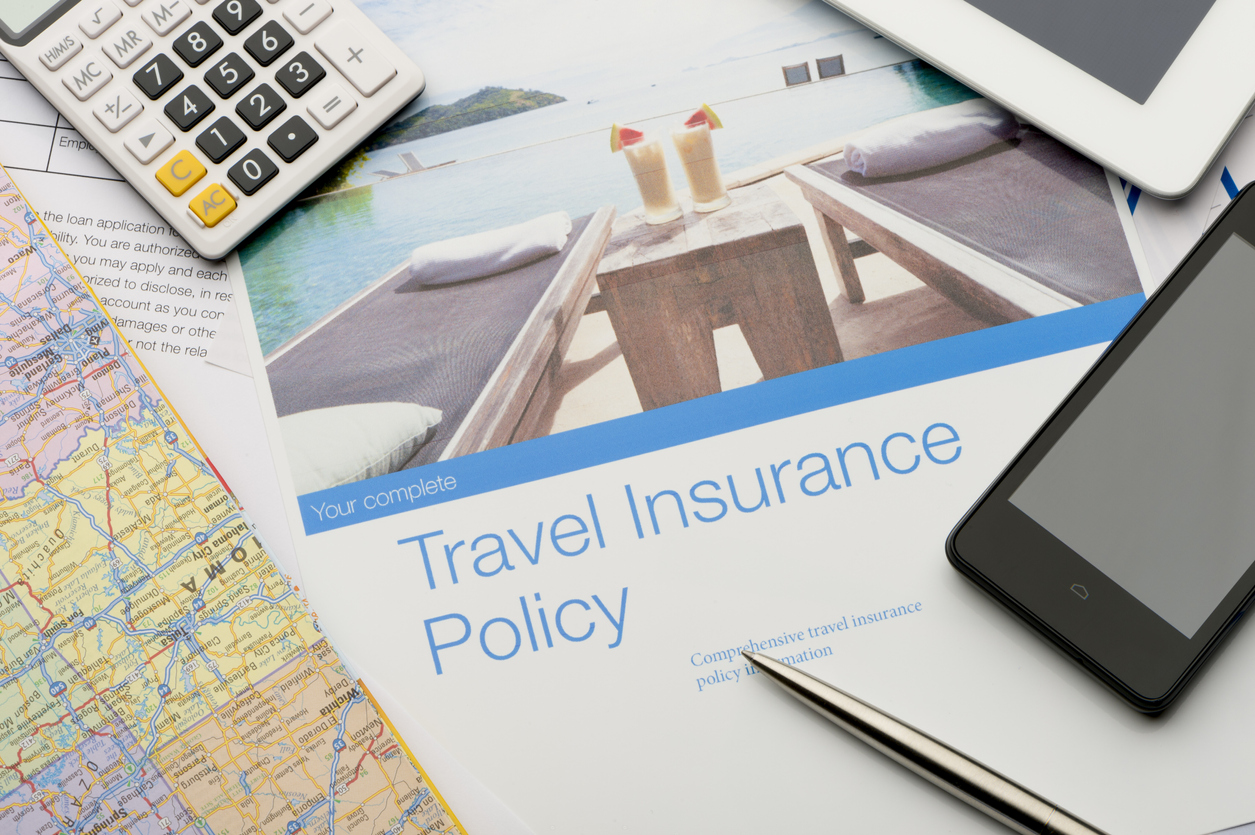Government warns travel insurance costs will rise
Brexit will cause boom in premium costs once EHIC expires
14th July 2020 12:50
by Brean Horne from interactive investor
Brexit will cause boom in premium costs once EHIC expires

UK holidaymakers face higher travel insurance premiums following the loss of the European Health Insurance Card (EHIC) after Brexit, the government warns.
An EHIC is a free medical card which can be used throughout the EU and in Iceland, Liechtenstein, Norway and Sweden.
It entitles you to treatment in state hospitals at the same price as residents of the country you are visiting, which in most cases is free or at a reduced cost.
The government wanted to agree a reciprocal healthcare deal which would enable EHICs to be used after the Brexit transitional period ends on 31 December 2020. However, this has not happened.
The loss of the EHIC will have a knock-on effect on travel insurance premiums.
Travellers will need to take out comprehensive insurance which covers the full cost of medical bills in the countries they visit.
Holidaymakers with pre-existing conditions will be worst affected, as the EHIC lets them access treatment at a reduced rate, which most travel insurance policies will not cover.
People wishing to travel with pets from 1 January 2021 will have to contact their vet at least four months before travelling.
The government announced these changes as part of the “UK’s new start: let’s get going” initiative to inform people about UK life after Brexit.
It includes information on how to get comprehensive travel insurance, how to ensure your passport is valid and requirements for people planning to drive to their destination.
Cabinet Office Minister Michael Gove says: “At the end of this year we are leaving the single market and customs union regardless of the type of agreement we reach with the EU. This will bring changes and significant opportunities for which we all need to prepare."
How to find cheap travel insurance
If you have a pre-existing medical condition, the following tips could help you cut the cost of your travel insurance premium.
1. Buy early
It is important to buy your travel insurance as early as possible.
Sorting travel cover when you have a pre-existing condition can be a lengthy process so it is best to start your application early.
Travel insurance also covers the cost of any unexpected incidents before you go on your trip.
So, if you have to make any cancellations before going away, having a policy in place can help ensure you can recoup your costs.
2. Shop around
Price comparison websites are a great place to start your travel insurance search.
They allow you compare hundreds of deals quickly and will give you an idea of the types of the deals available.
3. Try a specialist insurer or broker
If you have a serious medical condition or are unable to find suitable deals from mainstream insurers it may be worth trying specialist insurance providers or using a broker.
The British Insurance Brokers' Association (Biba) can help you contact the right broker in order to find a suitable travel policy.
4. Read the terms and conditions carefully
Before buying an insurance policy it is vital that you read the terms and conditions.
Insurance small print is notoriously tricky to understand so if you have any questions, get in touch with the provider for clarification.
Once you agree to the terms of a policy, making a claim will be impossible for things that are expressly excluded.
This could result in you having to pay more to cover the cost for any unforeseen incidents which are not covered, in addition to the policy itself.
This article was originally published in our sister magazine Moneywise, which ceased publication in August 2020.
These articles are provided for information purposes only. Occasionally, an opinion about whether to buy or sell a specific investment may be provided by third parties. The content is not intended to be a personal recommendation to buy or sell any financial instrument or product, or to adopt any investment strategy as it is not provided based on an assessment of your investing knowledge and experience, your financial situation or your investment objectives. The value of your investments, and the income derived from them, may go down as well as up. You may not get back all the money that you invest. The investments referred to in this article may not be suitable for all investors, and if in doubt, an investor should seek advice from a qualified investment adviser.
Full performance can be found on the company or index summary page on the interactive investor website. Simply click on the company's or index name highlighted in the article.